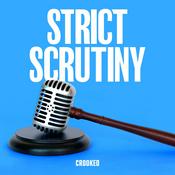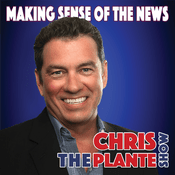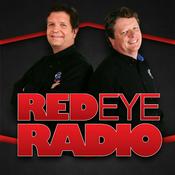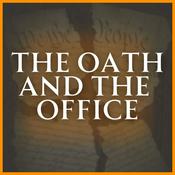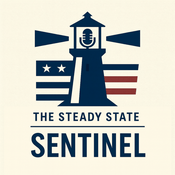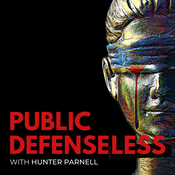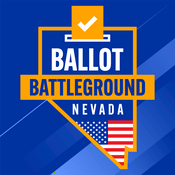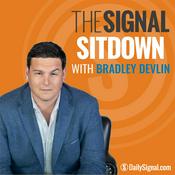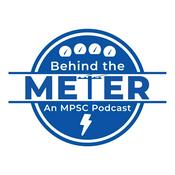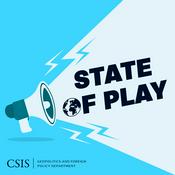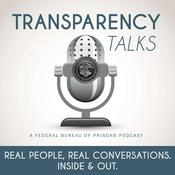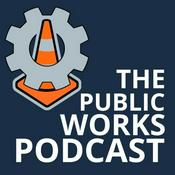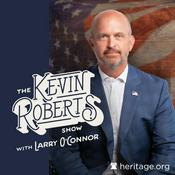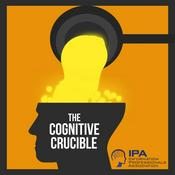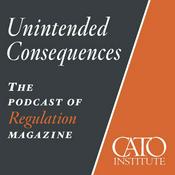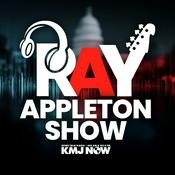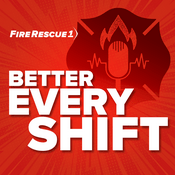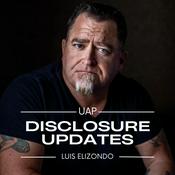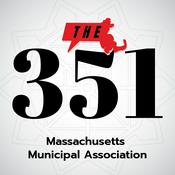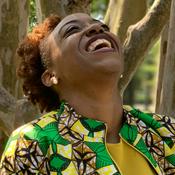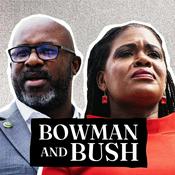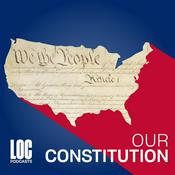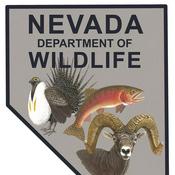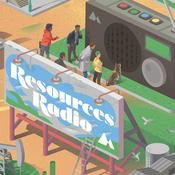365 episodes
A New (Qualified) Opportunity (Zone) for Clean Energy Projects?, with Andy Rankin and Dave McGimpsey
1/27/2026 | 27 mins.In this episode, host Kristin Hayes is joined by Andy Rankin and Dave McGimpsey—both partners at Dentons, a global law firm—to explore how an overlooked tax policy in the One Big Beautiful Bill Act can spur clean energy development, to the benefit of both local communities and companies. Despite recent rollbacks of solar and wind energy tax credits, Rankin and McGimpsey insist that newly expanded Qualified Opportunity Zones (QOZs) provide ample opportunity for energy developers to gain a solid footing in project financing and equity growth. Unlike the original 2017 iteration of the QOZ program, new adjustments ensure that QOZ tax benefits have no sunset date in sight, hinting at a new dawn for renewable energy build-out.
References and recommendations:
“The Qualified Opportunity Zone Program and Clean Energy: A New Era for Natural Gas, Solar, Wind, Energy Storage and Nuclear Projects” from Dentons; https://www.dentons.com/en/insights/articles/2025/september/4/the-qualified-opportunity-zone-program
George F. Will op-ed writings; https://www.washingtonpost.com/people/george-f-will/
“The Water Values Podcast” with Dave McGimpsey; https://podcasts.apple.com/us/podcast/water-values-podcast/id843026539
Subscribe to stay up to date on podcast episodes, news, and research from Resources for the Future: https://www.rff.org/subscribe/- This week, host Daniel Raimi talks with Tisha Schuller about the nature of the energy transition. Schuller, the founder and CEO of Adamantine Energy, discusses her new book, The Myth and The Moment: From Polarization to Progress in the New Energy Landscape, which interrogates the myth that the energy transition will be easy and inevitable. She argues that this myth has shaped political identities and has influenced how stakeholders and the general public view the “good guys” and the “bad guys” in the energy transition. Schuller points out that oil and gas companies can apply complex solutions to manage carbon emissions, and indeed that the ongoing activities of these companies and related solutions will be essential in reaching climate goals. Aiming for a balanced perspective, Schuller paints a picture of what an effective energy transition might look like.
References and recommendations:
“The Myth and The Moment: From Polarization to Progress in the New Energy Landscape” by Tisha Schuller; https://energythinks.com/the-myth-and-the-moment/
Energy for Growth Hub; https://energyforgrowth.org/
“Environmental Law After Environmentalism” by Ted Nordhaus; https://thebreakthrough.org/issues/energy/environmental-law-after-environmentalism
Daniel Raimi on the “Energy Thinks” podcast with Tisha Schuller; https://energythinks.com/podcasts/trim-your-sails/
Subscribe to stay up to date on podcast episodes, news, and research from Resources for the Future: https://www.rff.org/subscribe/ - This week, host Margaret Walls talks with Benji Backer about attracting nonpartisan support for environmental conservation. Backer is the founder and CEO of Nature Is Nonpartisan—a nonprofit organization focused on redefining environmental issues as nonpartisan—and serves on the board of the American Conservation Coalition. In this episode, Backer discusses his approach to environmental issues by describing his conservation work, which includes helping to stop a recent policy proposal that aimed to sell public lands, aiding in the creation of a domestic conservation caucus in the Senate, and assisting in forming the Make America Beautiful Again Commission. He also speaks to the importance of accurately communicating the risks of climate change; people connecting with their land; and promoting conservation at all levels, including local, state, federal, and corporate.
References and recommendations:
“The Conservative Environmentalist: Common Sense Solutions for a Sustainable Future” by Benji Backer; https://www.penguinrandomhouse.com/books/730880/the-conservative-environmentalist-by-benji-backer/
Nature Is Nonpartisan; https://natureisnonpartisan.org/
American Conservation Coalition; https://acc.eco/
“The River of Doubt: Theodore Roosevelt’s Darkest Journey” by Candice Millard; https://www.penguinrandomhouse.com/books/114422/the-river-of-doubt-by-candice-millard/
Subscribe to stay up to date on news and research from Resources for the Future: https://www.rff.org/subscribe/ Top 10 Energy and Environmental Issues of 2025, with Karen Palmer, Kevin Rennert, and Margaret Walls
1/06/2026 | 41 mins.In this week’s episode, host Daniel Raimi talks with research colleagues at Resources for the Future—Senior Fellow Karen Palmer, Fellow Kevin Rennert, and Senior Fellow Margaret Walls—about the top 10 issues of 2025 they’ve been tracking in energy and environmental news from the past year. Among the topics they’ve chosen for conversation: public land sales, electricity load growth and affordability, fires and floods, California and its recent major package of environmental legislation, federal permits for renewable energy projects, and more. It’s a fun conversation with insights on the happenings in 2025 and some prognostications for the coming year.
References and recommendations:
“What’s Happening to Electricity Affordability? in Five Charts” by Jesse Buchsbaum and Jenya Kahn-Lang; https://www.resources.org/archives/whats-happening-to-electricity-affordability-in-five-charts/
“California’s Innovative Vision for Climate Policy and Energy Affordability” by Dallas Burtraw; https://www.resources.org/common-resources/californias-innovative-vision-for-climate-policy-and-energy-affordability/
“California’s Revamped Energy and Climate Policies” podcast episode with Kate Gordon; https://www.resources.org/resources-radio/californias-revamped-energy-and-climate-policies-with-kate-gordon/
“Shifting Ground: Changes in Public Land Policies” webinar event from Resources for the Future; https://www.rff.org/events/webinars/shifting-ground-changes-in-public-land-policies/
“If/Then: A Last Hurrah for Transatlantic Fossil Fuel Energy Trade?” by Milan Elkerbout and Zach Whitlock; https://www.resources.org/common-resources/ifthen-a-last-hurrah-for-transatlantic-fossil-fuel-energy-trade/
“Landman” television series; https://www.paramountplus.com/shows/landman/
“Haroun and the Sea of Stories” by Salman Rushdie; https://www.penguinrandomhouse.com/books/314822/haroun-and-the-sea-of-stories-by-salman-rushdie/
“The Art Thief” by Michael Finkel; https://www.michaelfinkel.com/books/the-art-thief/
Subscribe to stay up to date on podcast episodes, news, and research from Resources for the Future: https://www.rff.org/subscribe/- In this week’s episode, host Daniel Raimi talks with Kate Gordon about California’s recent raft of climate policies. Gordon, the CEO of California Forward who also has held senior policy positions in California and the US Department of Energy, discusses the various Senate bills that have been proposed and passed recently in the state. She talks about the importance of considering energy affordability when addressing California’s energy and climate concerns and what she’s noticed as evolving perceptions of carbon management. Gordon also touches on specific bills that extend California's cap-and-trade program and ramp up permissions for oil drilling, sharing her own take on the current state of climate policy in California.
References and recommendations:
“California’s Innovative Vision for Climate Policy and Energy Affordability” by Dallas Burtraw; https://www.resources.org/common-resources/californias-innovative-vision-for-climate-policy-and-energy-affordability/
Blog posts by Severin Borenstein through the Energy Institute at Haas; https://energyathaas.wordpress.com/author/severinborenstein/
“The Age of Extraction: How Tech Platforms Conquered the Economy and Threaten Our Future Prosperity” by Tim Wu; https://www.penguinrandomhouse.ca/books/691177/the-age-of-extraction-by-tim-wu/9780593321249
Subscribe to stay up to date on news and research from Resources for the Future: https://www.rff.org/subscribe/
More Government podcasts
Trending Government podcasts
About Resources Radio
Resources Radio is a weekly podcast by Resources for the Future. Each week we talk to leading experts about climate change, electricity, ecosystems, and more, making the latest research accessible to everyone.
Podcast websiteListen to Resources Radio, The DSR Network and many other podcasts from around the world with the radio.net app
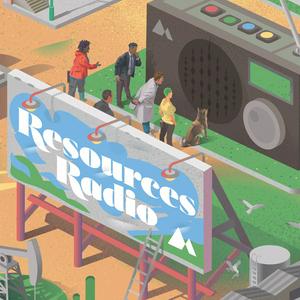
Get the free radio.net app
- Stations and podcasts to bookmark
- Stream via Wi-Fi or Bluetooth
- Supports Carplay & Android Auto
- Many other app features
Get the free radio.net app
- Stations and podcasts to bookmark
- Stream via Wi-Fi or Bluetooth
- Supports Carplay & Android Auto
- Many other app features


Resources Radio
Scan code,
download the app,
start listening.
download the app,
start listening.



